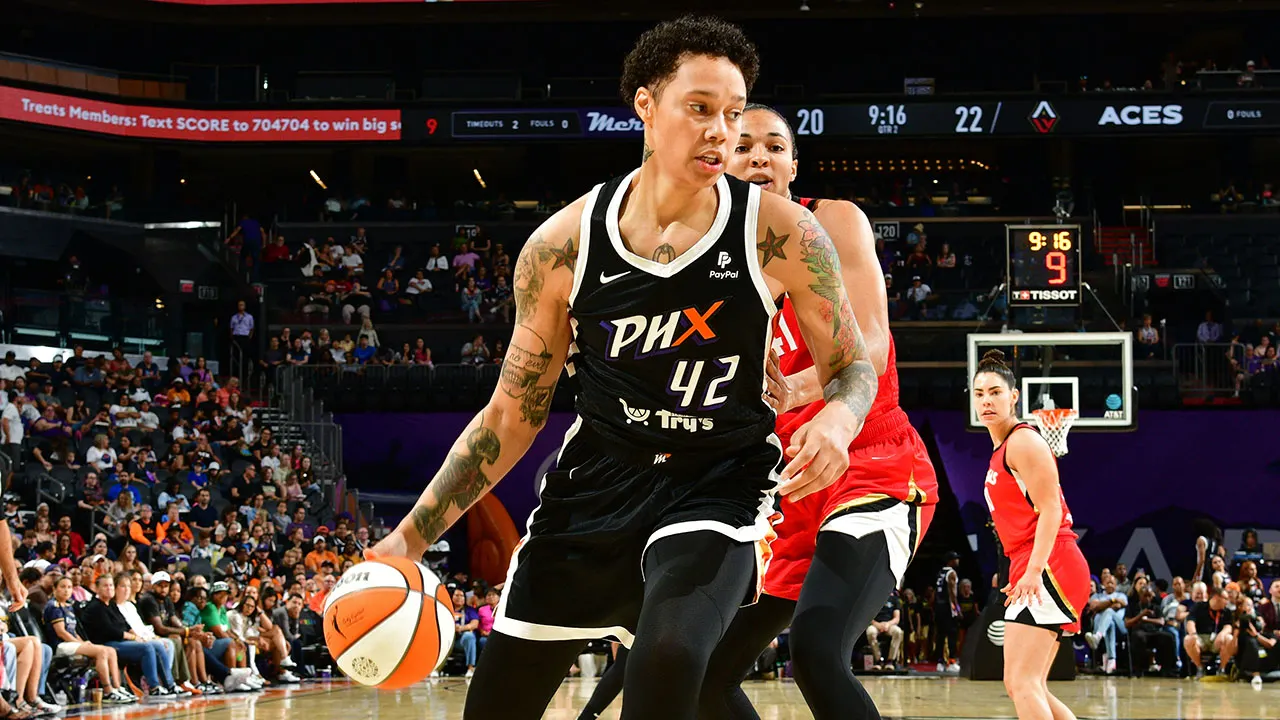[ad_1]
Further uptake of the blockbuster weight loss drugs rocking the health-care world can bode well for select energy drink makers and fitness-focused retailers, Stifel said. Stifel’s U.S. consumer surveys found that about 15% would use a GLP-1 drug, the shorthand name for treatments such as Novo Nordisk’s Ozempic and Wegovy that have shown promise in aiding weight loss. Despite the excitement around the drugs, actual use has been stymied by limited availability, high cost and regulatory hurdles for treating weight alone. Indeed, Stifel found an additional 21% said they would be interested in the drug if it showed proven results, was widely available and had approval from the U.S. Food and Drug Administration for weight loss specifically. Wegovy was approved to treat weight loss in 2022 and Eli Lilly’s Zepbound recently received that same nod . Analyst Mark Astrachan said the firm estimates a 4% reduction in calories consumed by U.S. consumers if 16% of the population is taking GLP-1 drugs over a 24-month period. His assumption is based on those on the treatment consuming 25% fewer categories. The drugs, which mimic stomach hormones, work by suppressing a person’s appetite. These shifting food and health habits can also affect consumer spending — and stocks tied to specific retailers, Astrachan said. “For retailers, we think this could shift in-store spending away from food to general merchandise/apparel/health categories,” he said. “By sector/category, GLP-1 usage is most beneficial for energy drinks, convenient nutrition, and apparel and active lifestyle nutrition.” Stifel’s polling, which was based on an average of three monthly surveys taken since September, showed that those on GLP-1 drugs would be 72% more likely to consume an energy drink at least once a month when compared with a general population, Astrachan said. If half of those interested in GLP-1 drugs begin taking them, the firm expects U.S. energy drink consumption could increase about 2%. “We think this reflects the need for caffeine as the loss of appetite caused by the GLP-1 reduces consumption of calories that are converted to energy,” Astrachan said. That is a positive signal for stocks such as Monster Beverage and Celsius Holdings , the analyst said. Food brands focused on “convenient nutrition” can also stand to benefit, he said. Specifically, he pointed to Atkins parent Simply Good Foods and BellRing Brands , which focuses on high-protein food items. There should be a limited effect on total in-store spending due to the drugs. But he said the composition of spending among retailers can likely shift and money saved on food could be moved to general merchandise categories such as apparel. Within apparel, GLP-1 adoption can likely boost demand for active lifestyle footwear such as running and hiking shoes. He pointed to Dick’s , Skechers and On Holding as specific stocks that can benefit. Astrachan also noted Levi Strauss , Lululemon and Wrangler parent Kontoor Brands as clothing stocks that can be helped amid a focus on health. — CNBC’s Michael Bloom contributed to this report.
[ad_2]
Source link













